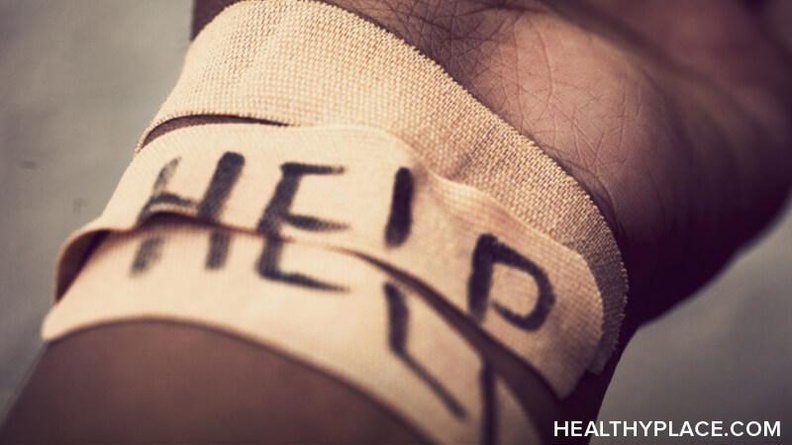How to Avoid Digital Self-Harm

Why is it important to avoid digital self-harm on the Internet? Is it possible to avoid it when the modern Internet is itself complicit in facilitating self-harm?
In this post, I want to go into more detail on how to avoid harming yourself online. Obviously, the Internet isn’t going away, and much of our lives, whether for work or recreation, will be spent on it. Knowing that, it’s in all of our best interests to develop strategies to avoid digital self-harm.
General Strategies to Avoid Digital Self-Harm
An obvious first step everyone should take is to limit the amount of time one spends online. Don’t just log on and stay there for hours. If there’s something specific you need to do, do that thing and then get off. Obviously, doing that will take discipline, but like anything else, the results will be worth it.
Additionally, one should specifically limit the amount of time spent on social networking websites. Social media is too new for any conclusive statements regarding its impact on mental health to be made, but the mere fact that it consists of a constantly changing stream of information, comprised (ideally) of people you know in some respects, makes it addictive by nature. Therefore, limit your time, and only use those websites you find indispensable.1
Specific Strategies to Avoid Digital Self-Harm
Aside from the things I believe everyone should do, if you have anxiety and are online, you need to be aware of what triggers that anxiety. Honestly, you should be aware of that regardless of whether you’re online or not, but like I’ve argued previously, being online puts you in even more danger of what triggers you, because it is literally just as easy to search for that than it is to search for anything else.
So, figure out what those triggers are. Once you’ve done that, make it as hard as possible to access them. If there’s anything in your bookmarks folder that gives you easy access to your triggers, delete those bookmarks. You’d be surprised how much more work it feels like to actually put in a website manually than to access it in a second through your bookmarks.
For some, you may need to actually block websites that are contributing to harming you. Thankfully, every operating system and Internet browser has ways to make that happen, and I’ll put a link to a tutorial on how to use those blocking features in the sources in case you want to take advantage of them.2
Ultimately, know that there’s nothing wrong with walking away from the Internet. Websites are designed specifically to keep you coming back to them more than is healthy -- if you feel guilty about walking away, it’s evidence that their toxic marketing has gotten to you, and that’s a shame. The Internet isn’t all bad, of course. But we need to recognize its capacity to cause very real harm, and take whatever steps we can to avoid digital self-harm.
See Also
Sources
- Edmonds, R., "Anxiety, Loneliness and Fear of Missing Out: The Impact of Social Media on People's Mental Health." Centre for Mental Health, Accessed April 22, 2020.
- Lloyd, J., "How to Block a Website on Your Computer." Wikihow, March 31, 2020.
APA Reference
DeSalvo, T.
(2020, May 13). How to Avoid Digital Self-Harm, HealthyPlace. Retrieved
on 2026, March 5 from https://www.healthyplace.com/blogs/anxiety-schmanxiety/2020/5/how-to-avoid-digital-self-harm